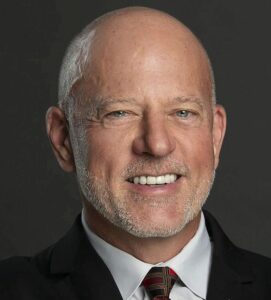 A recent article touted the positive effects of banning after-hours email (i.e., after regular work hours). As a semi-obsessive “email junkie,” I would find this difficult, but I won’t deny the potential irony of increased productivity and maybe even health benefits.
A recent article touted the positive effects of banning after-hours email (i.e., after regular work hours). As a semi-obsessive “email junkie,” I would find this difficult, but I won’t deny the potential irony of increased productivity and maybe even health benefits.
There’s an even better reason to limit after-hours email; it may be digging a huge compliance hole for your organization. There’s little debate that after-hours email use by your nonexempt employees falls under the definition of “work time” under the Fair Labor Standards Act (FLSA). That means it’s subject to compensation, including time-and-a-half if your employees “work” more than forty hours in a week.
Can you have your employees sign off on a statement that email is only for their convenience rather than their employer’s?
Unfortunately, the provisions of the FLSA are not able to be waived by employees. Work is work, and the Department of Labor doesn’t see one type as more valuable than another.
Can you have a policy that tells your employees they’re not allowed to use email after-hours if it will cause them to exceed forty hours for the week?
Yes, but enforcing it is the trick. You cannot “turn a blind eye” to employees who work “off the clock,” whether it’s onsite or remotely. The technology is available to monitor and limit email use, and employers are expected to use it.
As you might expect, this legal definition applies to smartphone access, computer email access, and remote desktop access.
What’s the risk of allowing nonexempt employees unfettered access to their email and computers after-hours?
They may later claim they worked far more hours than those for which they were paid. At time-and-a-half, the numbers can get astronomical. This is the stuff of which class actions are made.
What’s an employer to do?
Unfortunately, your best protection is to prevent nonexempt staff from having after-hours email or remote access. It likely won’t make you popular with your nonexempt staff who may appreciate the opportunity to keep up with email when offsite. On the other hand, it could save you from a potentially devastating legal problem. Your employees may even be healthier for it.
Dan Weiss, founder and President of Counterpart CFO, leads a team of flexible, part-time CFOs specializing in nonprofits. To read more from Dan, follow him on LinkedIn or subscribe to his blog at www.counterpartCFO.com.
